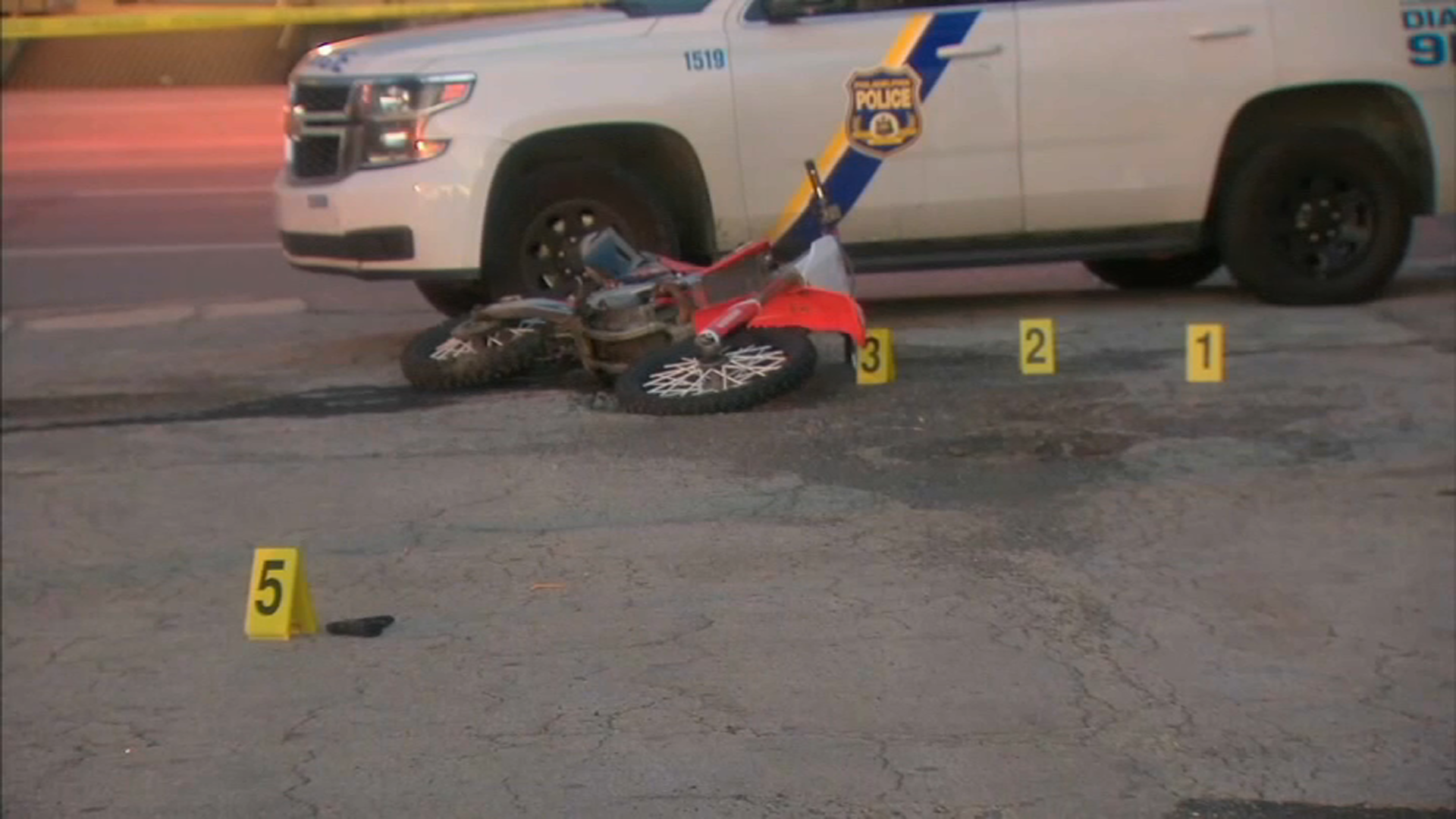Flowers and mementos left by supporters adorned Joe Paterno's gravesite Tuesday, a year after the longtime Penn State coach's death, while at the spot where a bronze statue of him used to stand, a makeshift sign of cardboard flapped in a cold wind.
“Joseph Paterno. Always remembered. Always a legend,” read the sign outside Beaver Stadium and attached to a tree with white wire.
The Hall of Fame coach died of lung cancer Jan. 22, 2012, at age 85. Besides the bouquets and signs, about 150 supporters marked the anniversary of his death with a candlelight vigil at a downtown State College mural that includes a depiction of Paterno.
He died more than two months after being fired in the frantic days following the arrest of former assistant coach Jerry Sandusky on child molestation charges in November 2011. His legacy remains a sensitive topic for groups of alumni, former players and local residents.
A family spokesman has said the Paternos would not take part in public gatherings Tuesday.
A year ago, the campus was flooded with mourners. Commemorations were much smaller on a frigid Tuesday with temperatures in the teens.
Supporters like Dan Hamm, a freshman from Williamsport, have said Paterno's 46-year career as a whole should be taken into consideration, including the longtime coach's focus on academics.
Local
Breaking news and the stories that matter to your neighborhood.
“We wanted to pay our respects. We wanted to celebrate who he was as a person,” Hamm said after visiting Paterno's grave at a State College cemetery on a blustery afternoon.
Then, nodding his head in the direction of Paterno's adorned gravesite, Hamm said, “You can see here that Joe Paterno was Penn State, and Penn State will always be Joe Paterno.”
Former FBI director Louis Freeh released findings July 12 in the school's internal investigation of the scandal. Paterno's reputation was tarnished after Freeh accused the coach and three former school administrators of covering up allegations against Sandusky.
The retired defensive coordinator was sentenced to at least 30 years in prison after being convicted of 45 criminal counts. Prosecutors said allegations occurred off and on campus, including the football facility.
On July 22, Penn State removed Paterno's statue, which had been a gathering point for mourners last January. The next day, the NCAA reacted with uncharacteristic swiftness in levying strict sanctions including a four-year bowl ban, strict scholarship cuts and a $60 million fine.
Paterno was also stripped of 111 victories, meaning he no longer held the major college record of 409 career wins.
Paterno's family and the three administrators have vehemently denied Freeh's allegations, along with denying suspicions they took part in a cover-up. Also, Paterno's family has been planning what a spokesman has called a comprehensive response to Freeh's findings.
But on Tuesday, the family was expected to remain in privacy. A delivery man dropped off flowers at the Paternos' modest ranch home in the afternoon, walking past a sign staked to the snow-covered lawn.
The sign read in part, “Thank you Joe! Thank you Sue!”, referring to Paterno's widow. “RIP JoePa ... 409 forever.” Another sign posted near Paterno's grave read “Joe Paterno. Penn State's Spirit in the Sky.”
Hamm's friend, fellow freshman Nick Bucci, said he felt his school handled the scandal well overall, given the extent of the fallout, with some exceptions.
At some point, Bucci said, the school should honor Paterno. He referred to one suggestion that dated back years before Paterno's death, of naming the field at the stadium after the coach.
But Bucci advocated for perspective.
“A day like today, those emotions might be high,” said Bucci, of Dayton, Md. “I don't think now is the time to do it. I think you have to wait.”



